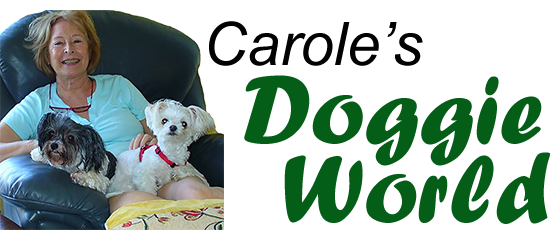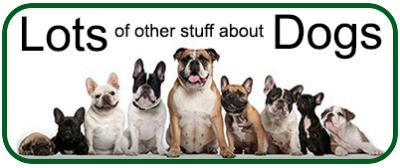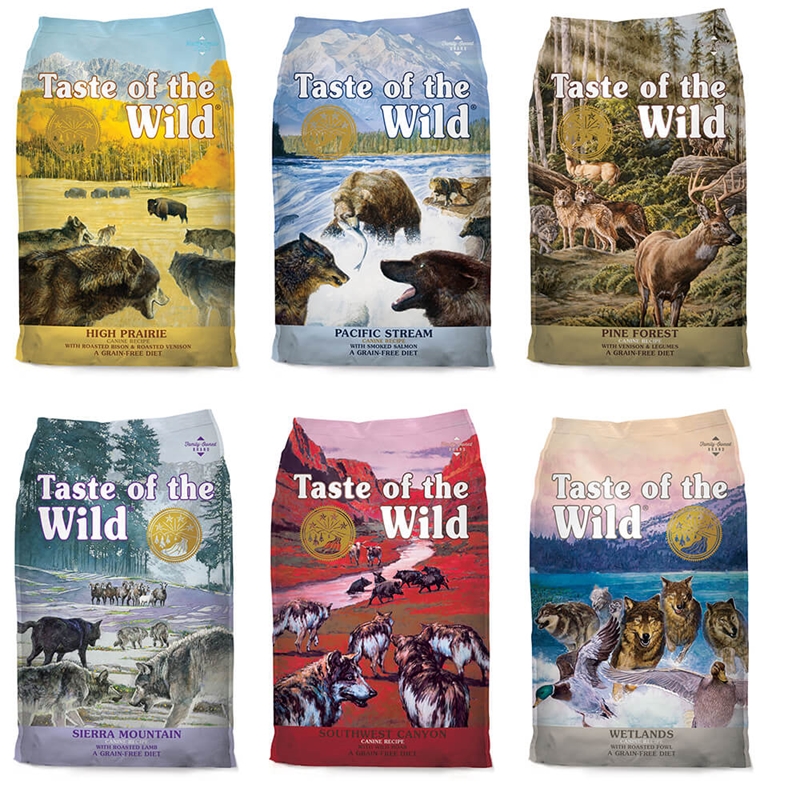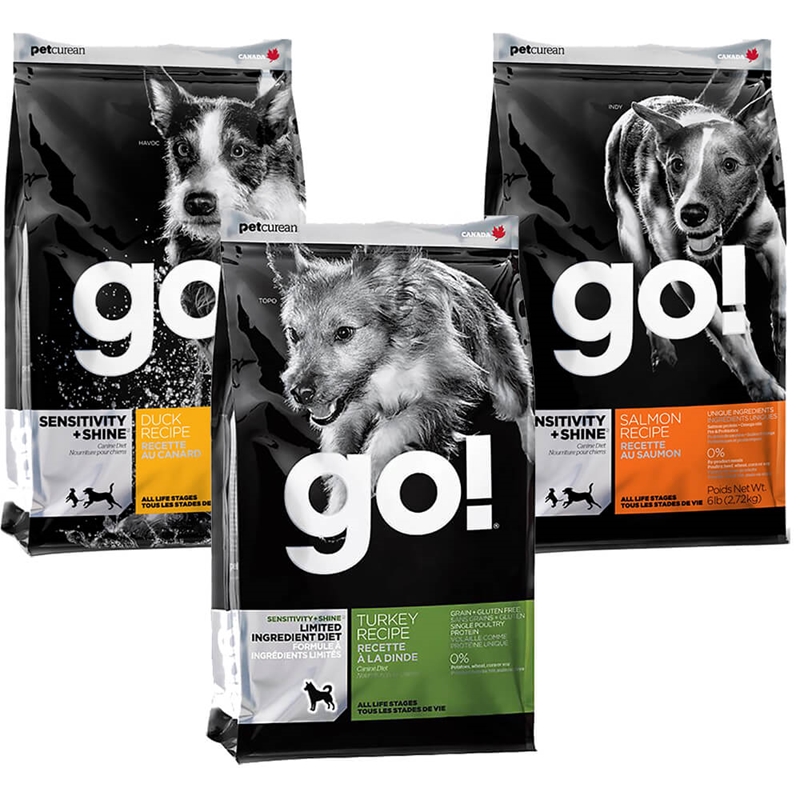Choosing the right dog for you to adopt or rescue
Do you have what it takes to become a
responsible dog owner?
Home | Choosing the right time and the right dog for you | Activity levels | Puppies
Adult dogs | Senior dogs | Expenses | Grooming and physical maintenance | Size
Groomers | Couch potato dogs | Lap dogs | Purebred dogs | Mixed breed dogs
Adopting or rescuing a dog is one of life's most important decisions and shouldn't be taken lightly. Getting a dog on impulse should always be avoided, even though it is hard to resist cute little puppy-dog eyes, or the forlorn eyes of a rescue dog pleading for a forever home.
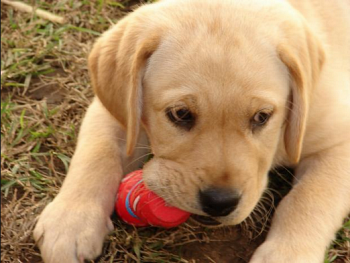
Before opening your heart and home to become a dog owner it is essential to be mindful of the fact, that being a pet parent brings with it enormous responsibilities that require an on-going commitment of at least 15 years. A dog is for keeps.
Remember a dog is a living being, with emotions and feelings. Whether you buy or rescue a dog it's not like buying a new car that you can sell or trade in at will.
Choosing the right time and the right dog for you
There are several factors to consider before you choose a dog. Most importantly, examine your current lifestyle and consider what adjustments you are willing to make for including a dog as part of your family. In particular look at the current needs of your family – especially if you have children or other pets.
People with allergies, or those who prefer low-shedding dogs, might want to look into hypoallergenic dog breeds.
Just remember that getting a dog requires a firm commitment to responsible dog ownership. Here are some tips to help you choose the best dog for you and your family.
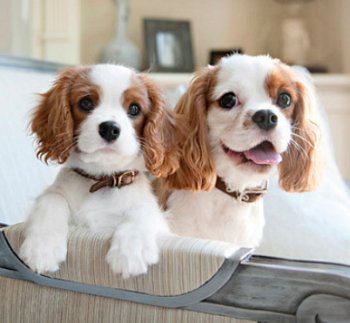
You probably already know that some dogs have more energy than others. A dog's activity level is often determined by breed, but it does not mean you can rely on breed alone to determine how energetic your dog could become.
Every dog needs routine exercise, regardless of breed or size, so make sure you can provide this.
If you know you can't commit to more than one or two casual walks around the block each day, then you will probably be better off with one of the lower energy breeds, e.g. Couch potato dogs or Lap dogs.

If you are looking for a dog that can be a jogging partner, agility competitor or "disc dog", consider a breed like a Border Collie, a Jack Russell or a German Shepherd.
Be willing to adjust the amount of exercise and attention you give your dog if necessary. A dog that is barking constantly, digging up your yard, destroying your home, or acting out in some other way is most likely in need of extra activities.
Many behavior problems are the result of excess energy.
Unfortunately, many dogs are given up or even euthanised because of a behavior problem that could have easily been so easily avoided with the proper amount of exercise and attention.
Puppies require the greatest amount of training and attention, especially during the first six to eight months.
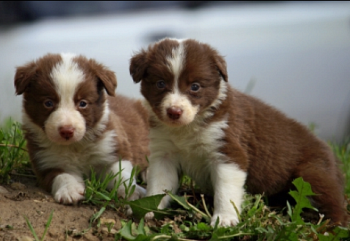
Be prepared to dedicate much of your time to house training and raising your new puppy. You dog will likely have plenty of accidents in the house and will probably chew your furniture and personal belongings.
These problems will gradually resolve with dedicated training, but patience is a must.
You should also be aware that your puppy might grow up to be different to what you expected, especially if you adopt a mixed-breed dog. This is not necessarily a bad thing, just something to keep in mind.
Adult dogs can be an excellent choice if you want to have a good idea of the true energy level, attitude, and temperament of your new dog. However, just because the dog is an adult does not mean he or she has been taught manners, so you should still expect some degree of dedicated training at first.
Fortunately, many adult dogs have been trained and socialised to some degree and can easily adjust to their new lives in their forever homes.
Keep updated with all that's
right for your best friend!
click on this link
to subscribe to our free mailing list.
Senior dogs should not be forgotten! Welcoming a senior dog into your home can be a wonderful way to bring joy to the golden years of a dog. Unfortunately, senior dogs are less likely to be adopted and often end up living out their lives in shelters or being euthanised.
A senior dog can make a wonderful companion if you are looking for a lower energy dog. However, it is important to know that your senior dog needs special attention, more frequent veterinary check-ups and is more likely to develop heath problems that cost time and money to address.
Unlike a puppy or adult dog, you must know that you will not have as many years with your senior dog. If you are willing to accept the responsibilities, consider adopting a senior dog. It can be one of the most compassionate things you can do for these precious creatures.
Cost is an important factor when planning to get a dog. Here's a guide to the type of expenses you can expect:
- Food - as with humans, nutritious food for a dog is the key to his or her good health, and good quality food is expensive. I prepare all of Molly and Rosie's food and use mainly human grade raw meat mixed with fresh steamed veggies. If you are in doubt as to what foods you can prepare for your dog, please check out foods dogs should never eat and bones you can feed your dog
- Medical and dental yearly check ups - again as with humans, yearly check ups are essential, and many dogs lives are saved by vets picking up the early signs and symptoms of many diseases, e.g. diabetes, lumps that turn out to be malignant cancers, heart disease and gum disease to name a few
- Pet insurance - your pet is part of your family and veterinary treatments can cost as much as human medicine, it makes sense that you should consider pet insurance
- Microchip ID - your pet needs to be micro chipped for ease of tracing him or her if for some reason they get lost or stolen, don't think it wont happened to your dog because emergencies and accidents can and do happen.
- Spaying or neutering - one advantage of buying a rescue dog from a shelter is that these procedures will have already taken place
- Parasite control, e.g. worms, mosquitoes, mites, fleas, ticks, - I use natural products for my dogs Molly and Rosie, e.g. flea tags and essential oil sprays rather than harmful chemicals.
- Vaccinations - are vital to keep your dog protected from some pretty awful diseases, e.g. parvo, distemper and rabies. However over vaccinating can be equally as dangerous and many vets are now recommending vaccinations every three years rather than annually. I have created a vaccination chart to clarify this point.
- Toys are extremely important for dogs. Dogs love to play fetch or catch frisbies. I have a friend who packs her dog's food in "Kongs" and hides them in her garden - just to keep him busy and out of mischief. They are also excellent substitutes for shoes and furniture for teething puppies and adolescents!
- Bedding - like humans, dogs love their beds and it is important to provide them with a special quiet place to put their bed that they can claim as theirs
- Leashes, collars, harnesses, seat belts, coats (particularly for short haired dogs in cold climates)
- Boarding Kennels if your can't take your dog with you when you go on holiday
- Grooming - Some breeds are just bath-brush-and-go dogs; others require regular bathing plus clipping and grooming just to stay clean and healthy. You need to consider whether you have the time and patience for a dog that needs a lot of grooming, or the money to pay someone else to do it
Grooming and physical maintenance
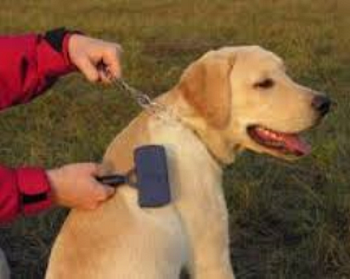
Your dog’s appearance has a lot to do with his grooming and maintenance needs.
All dogs need basic grooming, but certain types need more based on the type of hair coat. If you get a dog with hair that keeps growing, then advanced routine grooming is essential.
Most short haired, smooth-coated dogs are major shedders, so be prepared to do some extra cleaning up. Some grooming tools can help reduce shedding.
Be aware that dogs with long, floppy ears are more prone to ear infections and require frequent and thorough ear cleanings.
In addition, certain types of dogs can do a lot of drooling. Many owners of Mastiffs, Bloodhounds and similar dogs actually carry a “slobber cloth” with them to wipe the drool. If they shake their heads – watch out!
You may already know you want a little lap dog that you can carry around. Or, you might have your heart set on a large or giant dog breed. If you cannot decide, then perhaps a medium sized dog is a good choice.
Remember that some small dogs are delicate and vulnerable. Being stepped on or mishandled can cause serious injury. Also, little dogs can be much more sensitive to colder temperatures, so be ready to help keep them warm.
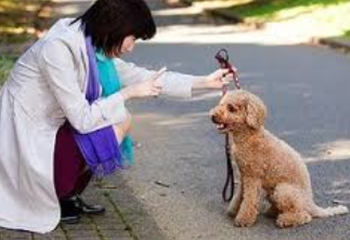
Don't forget that small dogs need obedience training too! Some little dogs can develop "tough dog" attitudes, seemingly to compensate for their small size. Be sure you are prepared for this possibility.
Very large dogs need a bit more space to move around. Big, happy dogs with long, whip-like tails need "wagging space" to avoid tail injury or damage to household objects.
Training is also a key factor here. If you get a large or giant breed puppy that is allowed to act like a lap dog when young, he will grow up to walk all over you – literally!
Do you prefer a canine pal who will be satisfied to watch the big game with you on the couch instead of running interference on your neighborhood touch football team? Then a couch potato breed is for you.
Here's a list of possibilities to choose from:
- Basset Hound - this aristocratic French hound is an easy keeper with a charming personality
- Boston Terrier - "little gentleman" dogs that are absolutely quite devoted to their owners
- Bulldog — deceptively sweet and snuggly
- Chinese Shar Pei — hopelessly devoted doter
- Chow Chow — low-key guardian
- Italian Greyhound - has a desire to please and sit on your lap!
- Keeshond — calm, composed companion
- Pug - loves to be the center of your attention
- Skye Terrier — easily adaptable couch cuddler
- Tibetan Spaniel — sofa sentinel
Are you looking for a cuddly budy? Here's my list of potential suitors for you to choose from:
- Bichon Frise — lap lounger extraordinaire
- Cavalier King Charles Spaniel — the ultimate lap dog
- Chihuahua - charming and charismatic cuddlers
- French Bulldog — charming and compact
- Havanese - make the best leg warmers ever
- Lhasa Apso — historic watchdog
- Maltese - Light as a feather, the Maltese is an ideal lap dog
- Pekingese — low-activity cuddlebug
- Shih Tzu — attached and affectionate
Purebred dogs are undeniably popular. Many people are attracted to a specific dog breed for various reasons. Perhaps you were raised around the breed or have spent a lot of time with the breed in your life. Maybe you really love the way a certain breed looks and acts. Or, you might feel the breed is right for you based upon what you have read or heard about the breed.
If you want a purebred dog, be sure you thoroughly research the breed. Determine if you are willing to take on potential challenges with temperament, grooming needs and health problems. Make sure the breed will fit in with your family and lifestyle – including other dogs. Then, be sure to look for a responsible dog breeder.
Mixed breed dogs can become wonderful additions to your world. The combination of two or more dog breeds can often balance out their personalities and physical characteristics. Just be sure to expect the unexpected, especially if you adopt a "shelter puppy".
There is no way of knowing exactly how your puppy will look when grown up, and you cannot really predict health problems. However, many experts believe that mixed-breed dogs end up with fewer health problems than purebred dogs. Overall they tend to be good-natured and intelligent. Plus, adopting a mixed-breed dog usually means you are saving that dog from euthanasia or a lonely shelter life!
This article and information forms part of the Carole's Doggie World Holistic Library and is presented for informational purposes only.The information is not intended to be a substitute for visits to your local vet. Instead, the content offers the reader information researched and written by Carole Curtis for www.carolesdoggieworld.com
